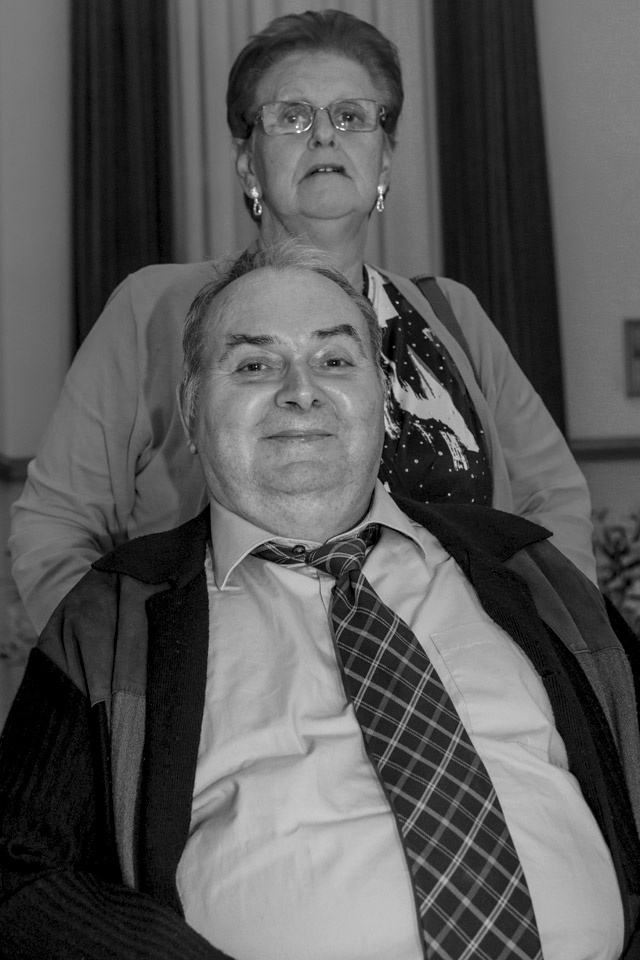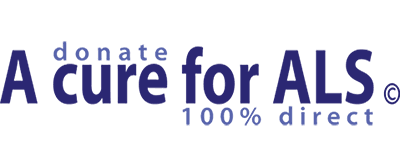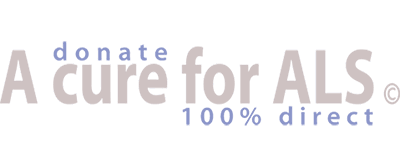Rudi De Wilde
“ALS will end life, but life doesn’t end simply because you have ALS.”
 At the Sint-Niklaas dinner and dance party in support for the 4000km event and the ALS League Cycling Team, we had a conversation with a local patient attending the fundraiser, Rudi De Wilde, and his wife, Erna. This is what they had to say.
At the Sint-Niklaas dinner and dance party in support for the 4000km event and the ALS League Cycling Team, we had a conversation with a local patient attending the fundraiser, Rudi De Wilde, and his wife, Erna. This is what they had to say.
When and how were you diagnosed with ALS? How did it evolve?
It’s been 10 years now, this March. I was given the diagnosis by the neurologist in Sint-Niklaas on June 1rst. He referred me to Prof. Robberecht at the University Hospitals Leuven and there I was given the diagnosis on October 1rst, 2004. I first had PLS, for about five years, which further developed into ALS. About four years ago, I started taking Rilutek, and I believe it’s helping me. These past few years, it’s especially been my speech and my voice that has deteriorated. Walking is difficult, but is still possible, though strenuous. I haven’t had any difficulties swallowing yet.
How did all begin for you, with which symptoms?
Actually, it all started with stumbling, with a leg that seemed to be unresponsive. My GP thought I might have had something like a brain haemorrhage and immediately referred us to another physician.
Did you already know about ALS? Were you sufficiently informed?
The ALS diagnosis made by Prof. Robberecht in 2004 was a real hammer blow. The initial diagnosis was PLS; we did receive sufficient information, but at that time I wanted to know everything about it, which is what I told the professor, that I wanted to know everything, from A to Z.
Were there things that could be improved, things about which you could have been better informed?
No, we had a great experience with the University Hospitals Leuven. I prefer to go there, if it is possible. Every year, I need to spend a couple of nights at a sleep clinic for tests. These now happen in Sint-Niklaas, because it is closer to home, while I would prefer to have them in Leuven.
Has a lot changed in your life, at work or in your free time?
I went in early retirement just one year before I was diagnosed. My hobbies were politics and the union. For a long time I continued to participate in all meetings, until, a few years ago, my voice started to deteriorate rapidly and I needed to use a synthesised speech system. Unfortunately, this proved too cumbersome for many colleagues, because communication became more difficult and, especially, slower. I then started to keep a low profile more often, observing from the back.
Over time a new passion emerged: exploring the world. Together with my wife and family, I will travel about five or six times a year. Because I can’t fly for longer than six continuous hours, my radius of action is limited. But within that radius, I have so far been to Egypt a few times, to Tenerife, on multiple cruises, and soon I will go to Russia and after that I will relive WWI at Flanders Fields and WWII at Normandy. Of course, we also regularly stay at our own Belgian coast. I spend a lot of time preparing for our trips, looking things up: wheelchair accessibility, the sights, the museums, ...
What is your attitude towards life?
I have already made all the arrangements so I can decide for myself when my condition has become too bad. I do still find courage in my passion to see as much as possible in this world, in my travel preparations and in the memories. I would like to point out that, should my wife die before me, I would like to end it as well, I wouldn’t be able to carry on after that.
But I am still very optimistic. I try to live life while I still can and try to make the most of it. Doing what I like to do!
Are you thinking about going to Middelpunt on holiday?
I don’t think so. I still use a companion wheelchair, pushed by my wife. Middelpunt is a bit too far from the promenade to push a wheelchair. The kerbs everywhere are the biggest problem, not just in Middelkerke, but everywhere really.
How do you view contact with other patients?
I don’t like to have a lot of contact with other patients, not because I have difficulty speaking – I can easily use email, so it is possible – but I simply don’t feel the need to. I regularly talk to one other patient, and that is sufficient for me. If somebody comes to me for advice, I will give it, but I won’t seek out other patients myself.
Do you have a positive message for other patients?
ALS is not the end. It doesn’t have to stop then and there. We would never have travelled as much if I hadn’t been diagnosed wit ALS. Air travel and ALS: if you want to, you still can. Don’t become discouraged; eventually the practicalities will all work themselves out. ALS will end life, but life doesn’t end simply because you have ALS. You will have to accept many limitations, but there are still options left within those limitations.
Do you want to add something else?
My compliments go to Danny and Mia and the whole ALS League team, for what they do is of the utmost importance and deserves our respect.
Source : Nieuwsbrief 163 – January, February, March, 2014


